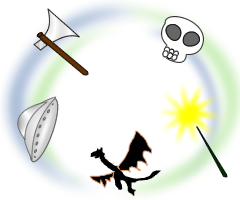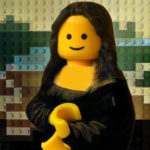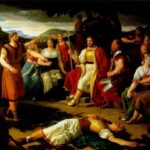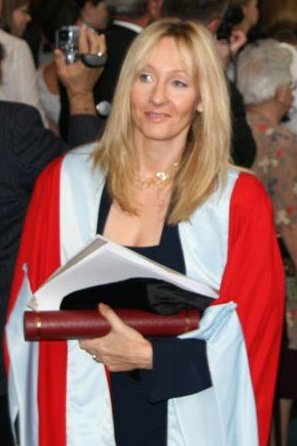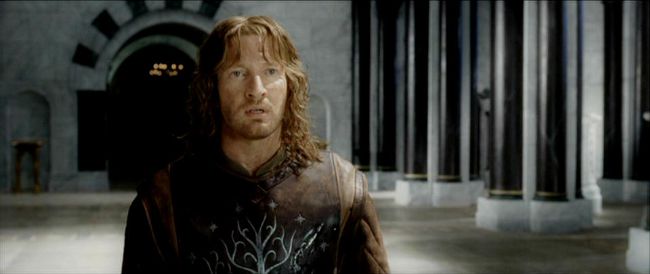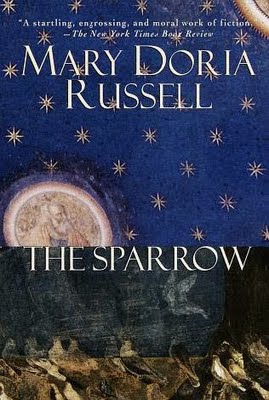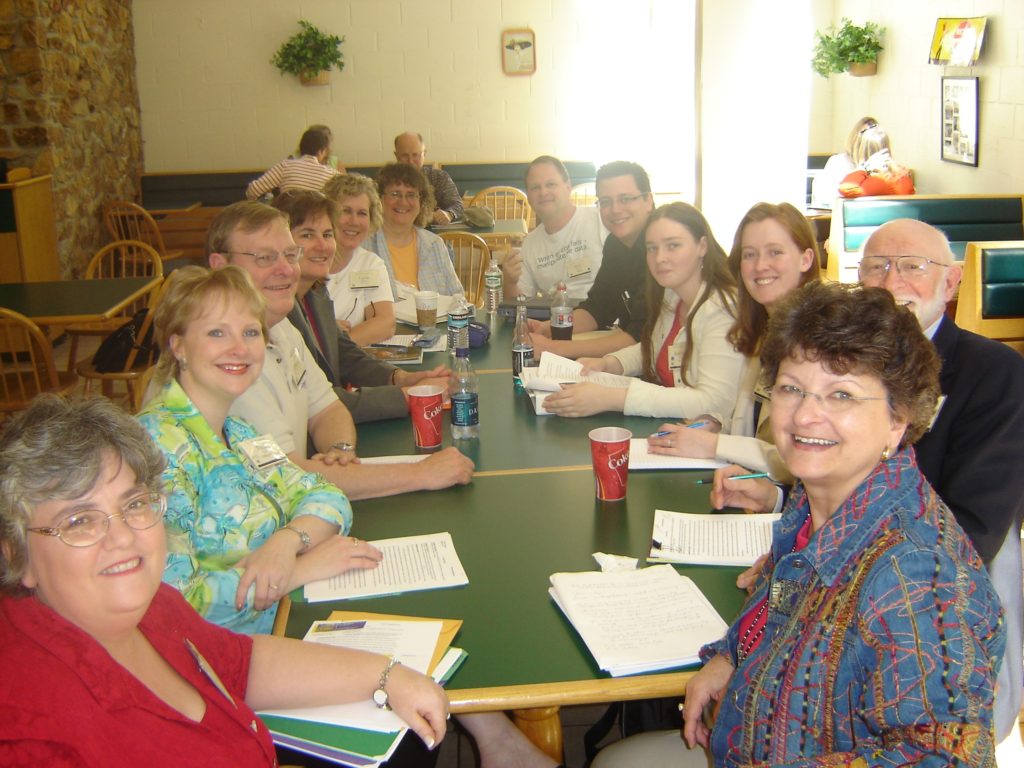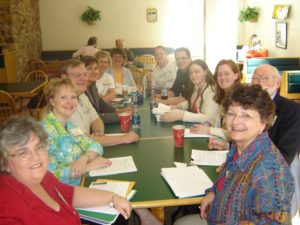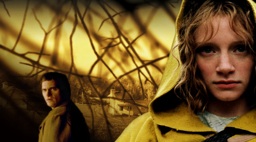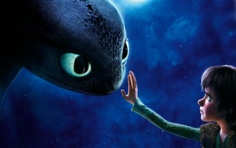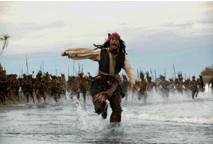The Indie Fork
A lot has happened in my life in seven years. My husband and I lost everything, including our ranch (a very long and interesting story I may someday write about). Not long after, I became sick, and was soon diagnosed with lymphoma.
You tend to reevaluate things when death breathes on you. Before my diagnosis my art was taking off, I was writing with everything in me and submitting to agents and even getting a lot of great responses, although no contracts yet. But once the chemo started I was fairly useless. Because of the constant pain, I couldnât draw or write, there were times when I couldnât even find the energy to read. Mostly I just sat and stared at the wall. It was a strange state. A hopeless one.
But God is good and he chose to take away the tumor and released me back into life once more. Of course, I wasnât the same. I didnât know what I was beyond wife and mother anymore. After a year of what I realize now was basically torture I was confused, afraid of everything, and hollow.
It took another close call of the doctors discovering a secondary tumor six months into remission to wake me up from that. When I opened my eyes after the surgery, and heard the words Iâd pleaded with God to hear, Not cancer, it was as if God was saying to me, I still have work for you to do.
And in the struggle of discovering that mission, Iâve come to a very important realization. The WHY of my writing. For so long I thought it was something for me to enjoy, something I was supposed to be honing and perfecting. I was being obedient. But I wasnât enjoying it. In fact it had become a bit of torture in itself.
After a few months of wondering what the heck I was trying to prove, I decided to just âhang it all,â and put one of my favorite novellas on Kindle. I told myself it didnât matter how many I sold — that wasnât the point. The point was to allow people to read it.
And, in this, I discovered my WHY. I discovered the joy in writing again. And I found that God will use me and my work. Because even in the small story of Winter Rose, Iâm seeing Him move.
By writing this post I’m not advocating e-publishing, but I felt it was important that we as writers — especially we who write speculative works — know what our goals are. We need to be obedient, but we also need to be willing to shrink our large-sized artist heads down so God can get us through the right doors.
My goal is still to be published with traditional publishers. But I also feel itâs important for us to let God be the one to guide each work to the right outlet.
In my next post Iâll talk more specifics, how I made the cover, how I chose the venue. And even the evil âPâ word of self-promotion.
In the mean time, consider why you write. Dig deep inside and seek Godâs will for your work. Donât be stuck on one way for every piece you write, thereâs so much available to us out there. In the end your journey may not look how you imagined, but itâll be right.
– – – – –
 Rachel A. Marks is a writer and artist, a surfer and dirt-bike rider, chocolate lover and a keeper of faerie secrets. She teaches her four kids at home and tries not to act like a nerd during science class. She was voted: Most Likely To Survive A Zombie Apocalypse, but hopes she’ll never have to test the theory.
Rachel A. Marks is a writer and artist, a surfer and dirt-bike rider, chocolate lover and a keeper of faerie secrets. She teaches her four kids at home and tries not to act like a nerd during science class. She was voted: Most Likely To Survive A Zombie Apocalypse, but hopes she’ll never have to test the theory.
Her novella Winter Rose is currently available on Amazon as a free download.
































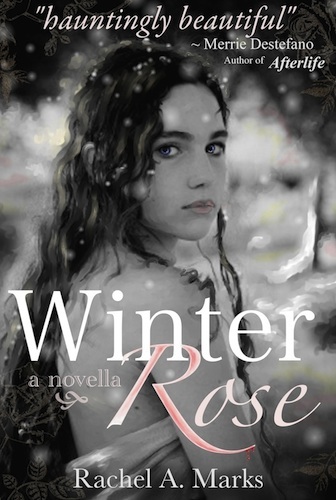

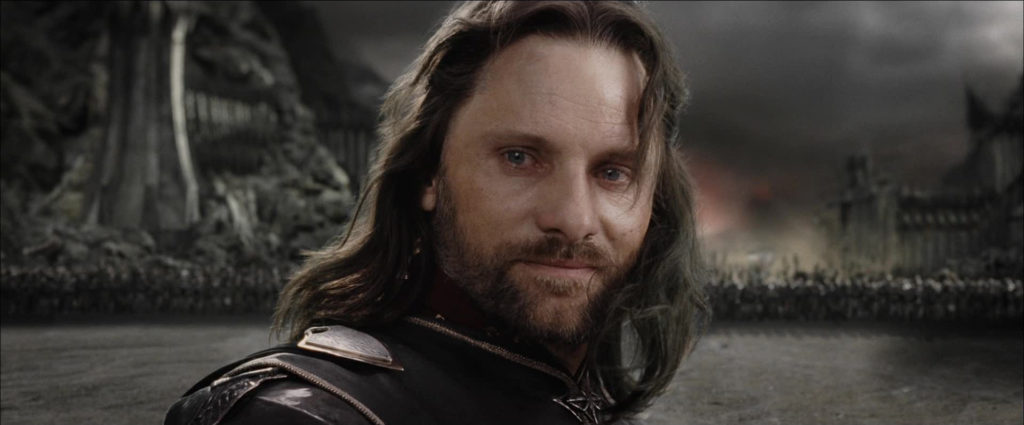

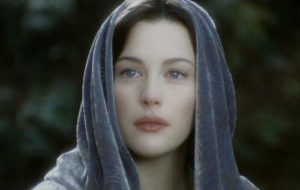 Discussing the processing of adapting The Two Towers book for the screen, director Peter Jackson mentions original plans to include Arwen, Aragornâs Elven love interest, in the Helmâs Deep battle. That seemed necessary, Jackson said, because otherwise the film would struggle with a storyline of lovers separated by hundreds of miles. But âŚ
Discussing the processing of adapting The Two Towers book for the screen, director Peter Jackson mentions original plans to include Arwen, Aragornâs Elven love interest, in the Helmâs Deep battle. That seemed necessary, Jackson said, because otherwise the film would struggle with a storyline of lovers separated by hundreds of miles. But âŚ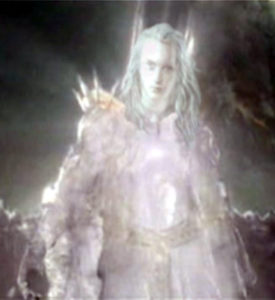
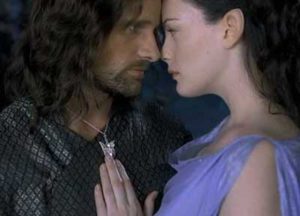 Whatever our thoughts of the films and what they got wrong, we have to give them this: after considering these two possible changes, they saw the light. They both understood why the book and its story was better, and turned from the seduction of making female strength about Girl-Warrior Power, and battles of good and evil mainly about masculine combat. In this, they honored Tolkien and showed respect to his books. And, for those with eyes to see, the films showed Biblical, servant-leader heroisms to the world.
Whatever our thoughts of the films and what they got wrong, we have to give them this: after considering these two possible changes, they saw the light. They both understood why the book and its story was better, and turned from the seduction of making female strength about Girl-Warrior Power, and battles of good and evil mainly about masculine combat. In this, they honored Tolkien and showed respect to his books. And, for those with eyes to see, the films showed Biblical, servant-leader heroisms to the world.